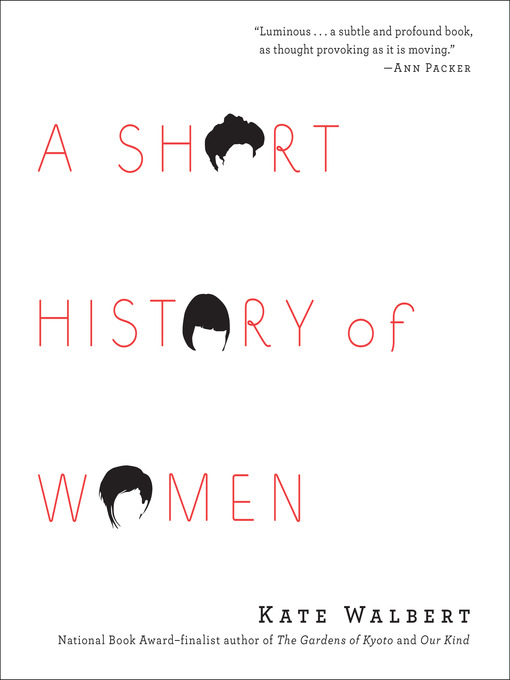- Available now
- New eBook additions
- New kids additions
- New teen additions
- Most popular
- Try something different
- Too hot to hold
- Deaf Culture Library
- See all
- Available now
- New audiobook additions
- New kids additions
- New teen additions
- Most popular
- Try something different
- Notable Narrators
- Audio Theatre
- See all
- Just Added Magazines
- Hobbies, Crafts, and Home
- Celebrity Magazines
- News and Politics
- Popular Magazines
- Spanish Language Magazines
- Sports Magazines
- Home & Garden
- Cooking & Food
- Entertainment
- News & Politics
- See all


